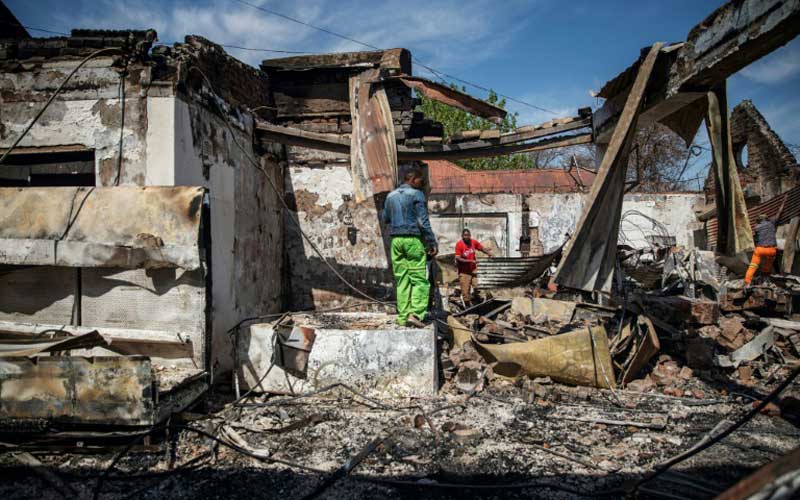×
The Standard e-Paper
Stay Informed, Even Offline

Tensions eased between twin African powerhouses South Africa and Nigeria on Thursday after Pretoria temporarily closed its diplomatic missions in the rival state following a wave of attacks on foreign-owned stores there that claimed 10 lives.
"Nigeria does not seek an escalation of the ongoing situation," a senior aide to Nigeria's President Muhammadu Buhari told reporters on condition of anonymity.